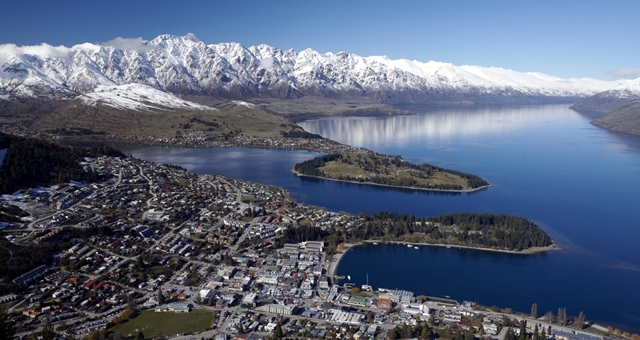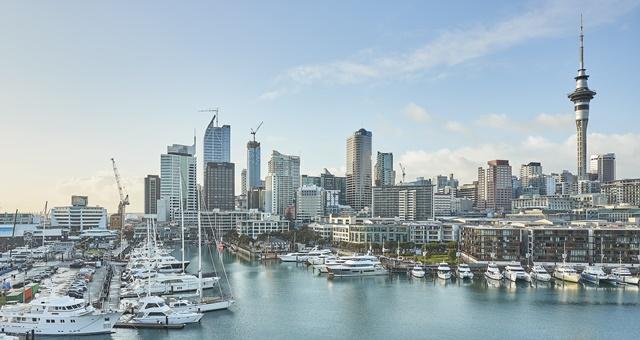New Zealand’s Court of Appeal has sided with the accommodation industry and ruled that Auckland Council’s controversial ‘bed tax’ is invalid and cannot be implemented, overturning the decision of the High Court.
The decision was universally welcomed by Hotel Council Aotearoa (HCA) and its 350 hotel members, with HCA Strategic Director, James Doolan, saying the court’s ruling should be quickly implemented by Auckland Council and that the industry was willing to work to find a suitable solution for both parties.
“The issue of tourism infrastructure funding is complex and nuanced. HCA has sympathy for Auckland Council’s funding constraints, even though the APTR was clearly a poor response,” Doolan said.

“Any new funding regime must draw upon international best-practice and robust research. Tourism is an internationally competitive undertaking. The fundamental tourism funding problem has not changed in the four years since the APTR was introduced.”
The much-maligned APTR, or Accommodation Provider Targeted Rate, was a financial impost established in 2017 by Auckland Council and Auckland Tourism, Events and Economic Development (ATEED), of which hotels would have paid 100% despite only receiving around 10% of the overall visitor spend in New Zealand. Upon word of its announcement, the tax was widely condemned by the hotel sector and members of the New Zealand Government, including then-Tourism Minister, Paula Bennett.
The APTR was suspended, initially for 12 months, in April 2020 in an effort to help hotel owners navigate what were then the early months of a largely unknown pandemic.
Led by Commercial Accommodation Rate Payers Steering Committee Chairman and CPG Hotels Director of Hotel Operations, Terry Ngan, and backed by hotel industry leaders across the city, the primary argument by the hotel sector against the tax was the lack of direct benefit hotels would receive in return for paying it. After reviewing the process by which the APTR was set, this view was supported by the Court of Appeal. In a statement following the decision, Ngan suspected this may not yet be the end of the matter.
“We suspect that Council may well appeal to the Supreme Court given the Mayor’s (Phil Goff) previous statements on the APTR,” Ngan said.
“Given that the tourism and accommodation industries have yet to recover from the pandemic and Council’s finances are stretched, we hope that common sense prevails and that they don’t. As ratepayers, we would rather the Mayor and Council channel their efforts into working with industry on a solution that not only reflects the Court of Appeal’s decision but is fair and equitable to all concerned at an appropriate time.”
Doolan added the Association would continue to call on local councils across New Zealand to work collaboratively with itself and other stakeholders to create a “fair, reasonable and nationally endorsed funding model for the tourism economy”.
Prior to the COVID-19 pandemic, more than 20% of New Zealand’s exports was made up of international tourism, with the central government collecting NZ$3.9 billion annually on GST revenue and a further NZ$3.1 billion on tourism-related taxes including profits tax and excises.
“Central Government’s tax take from tourism is not fully reinvested in the sector, nor is it adequately shared with local authorities to support investment in essential infrastructure,” Doolan said.
“As a result, New Zealanders get frustrated with overcrowding and local authorities have turned to novel fundraising techniques, such as the APTR, to fill the funding gap. International and domestic tourists already ‘pay their way’ in New Zealand and the 15% GST is imposed on international tourists without exceptions or rebates.”



